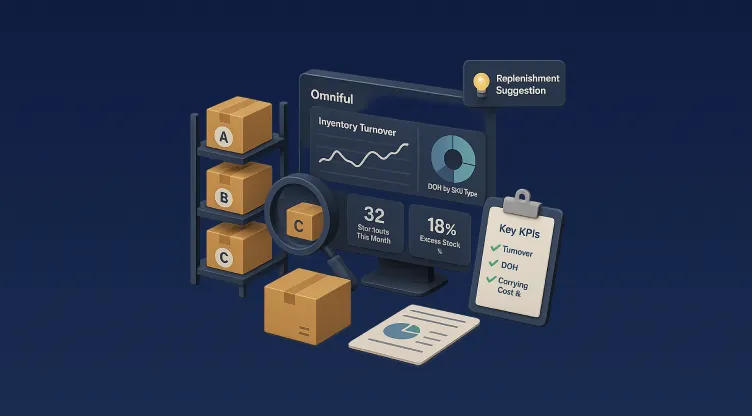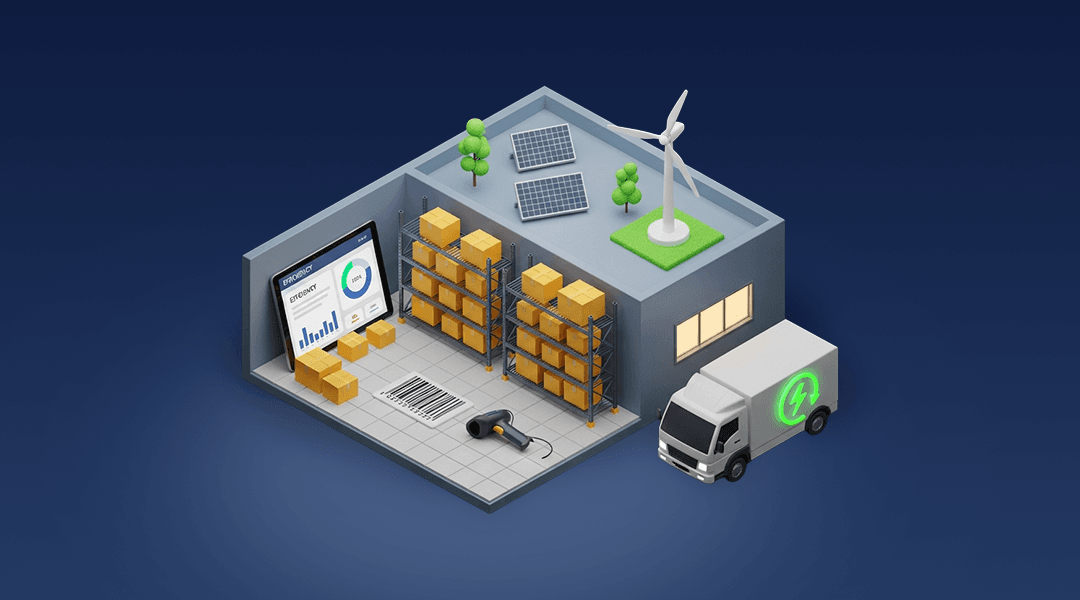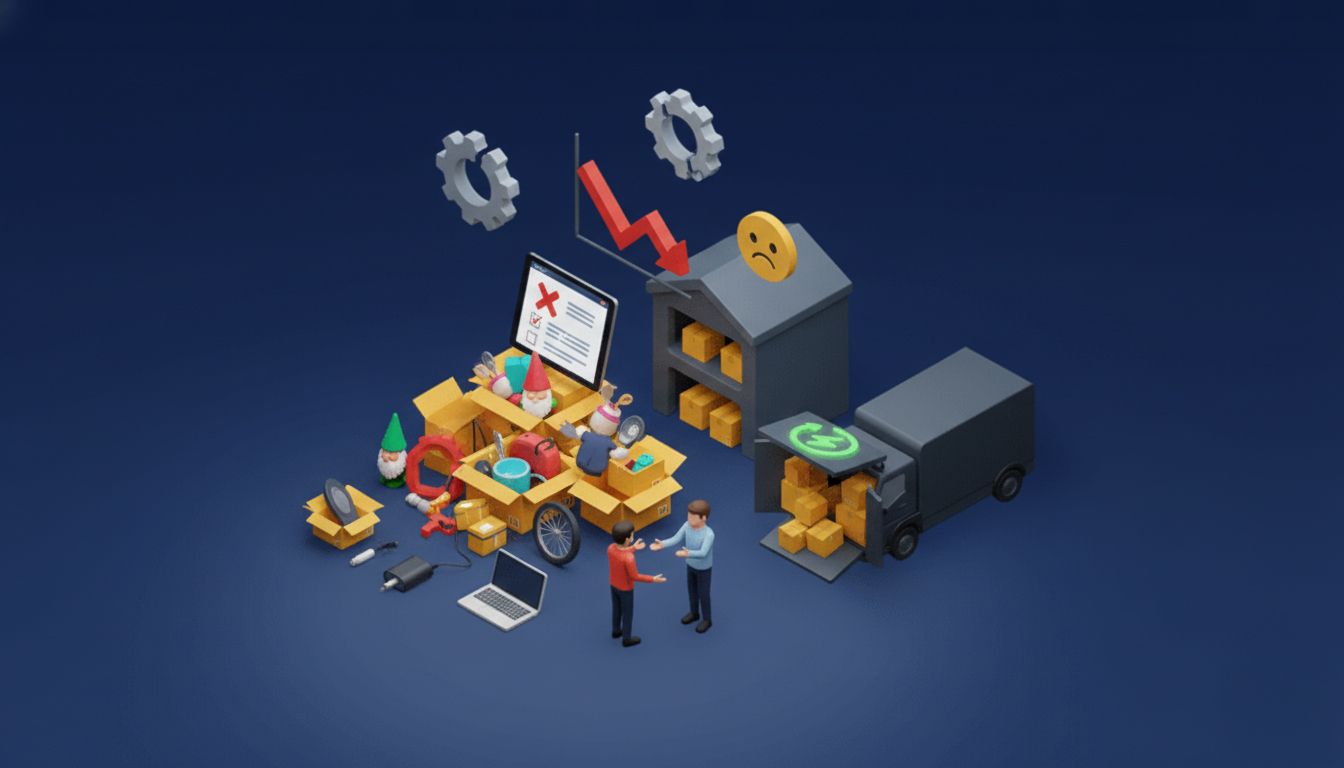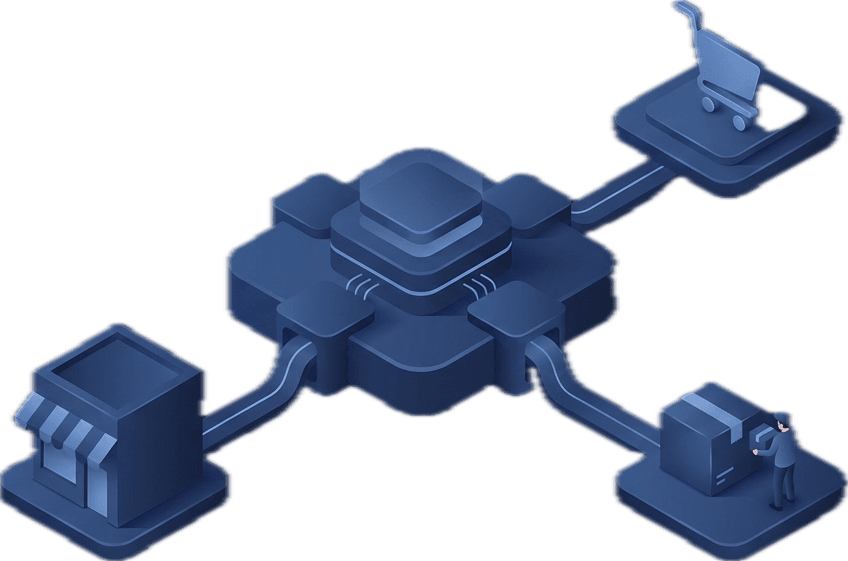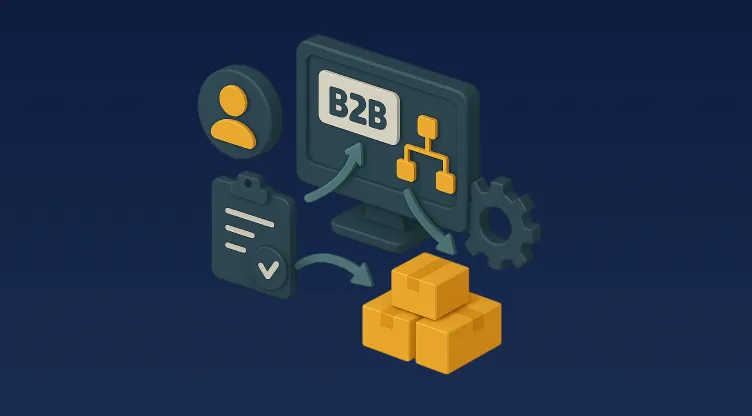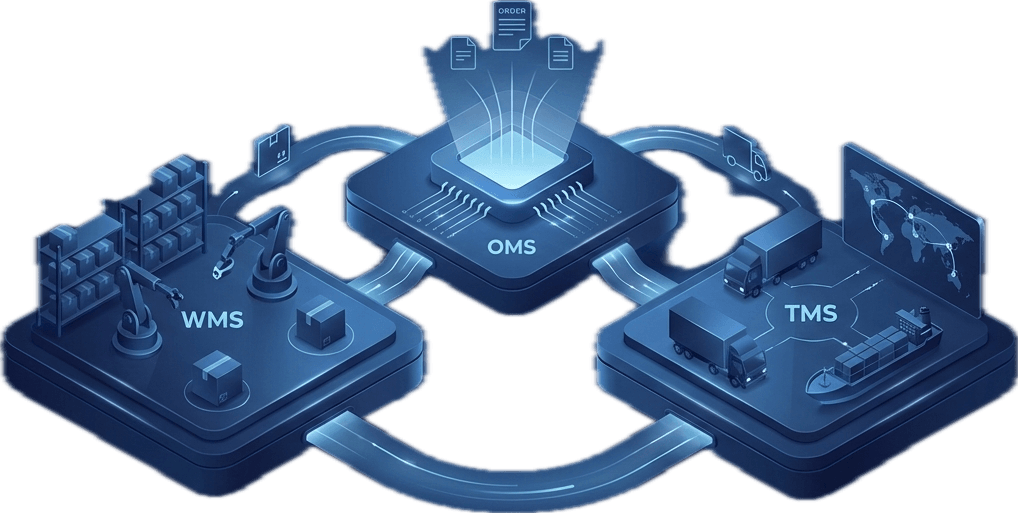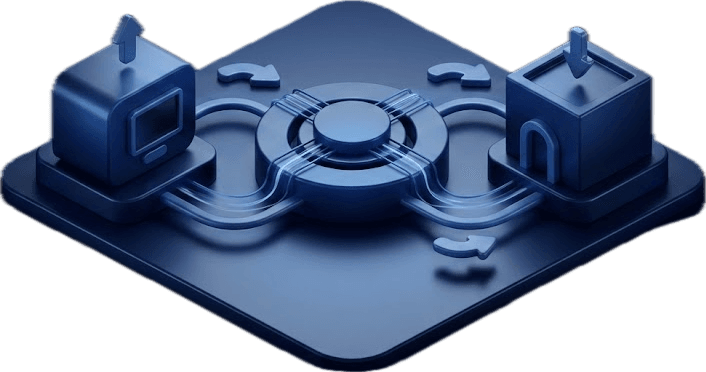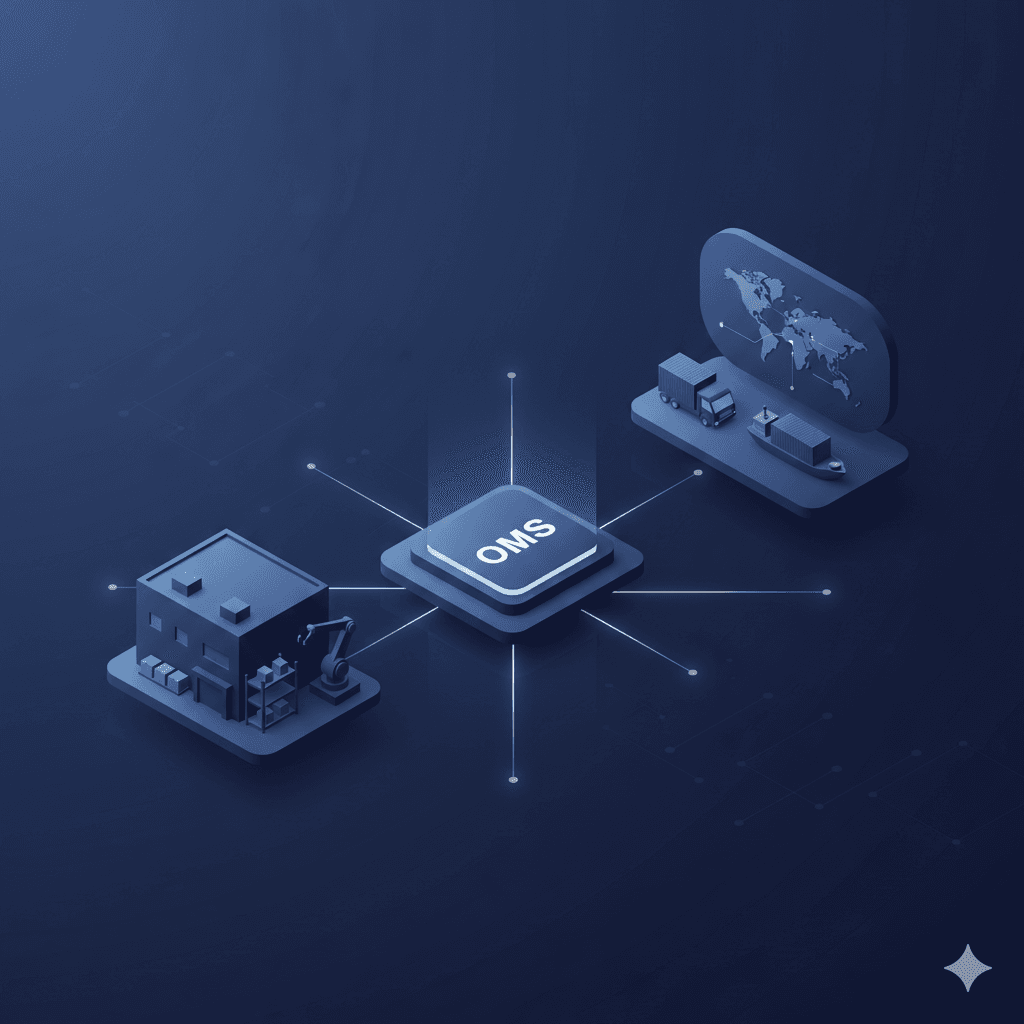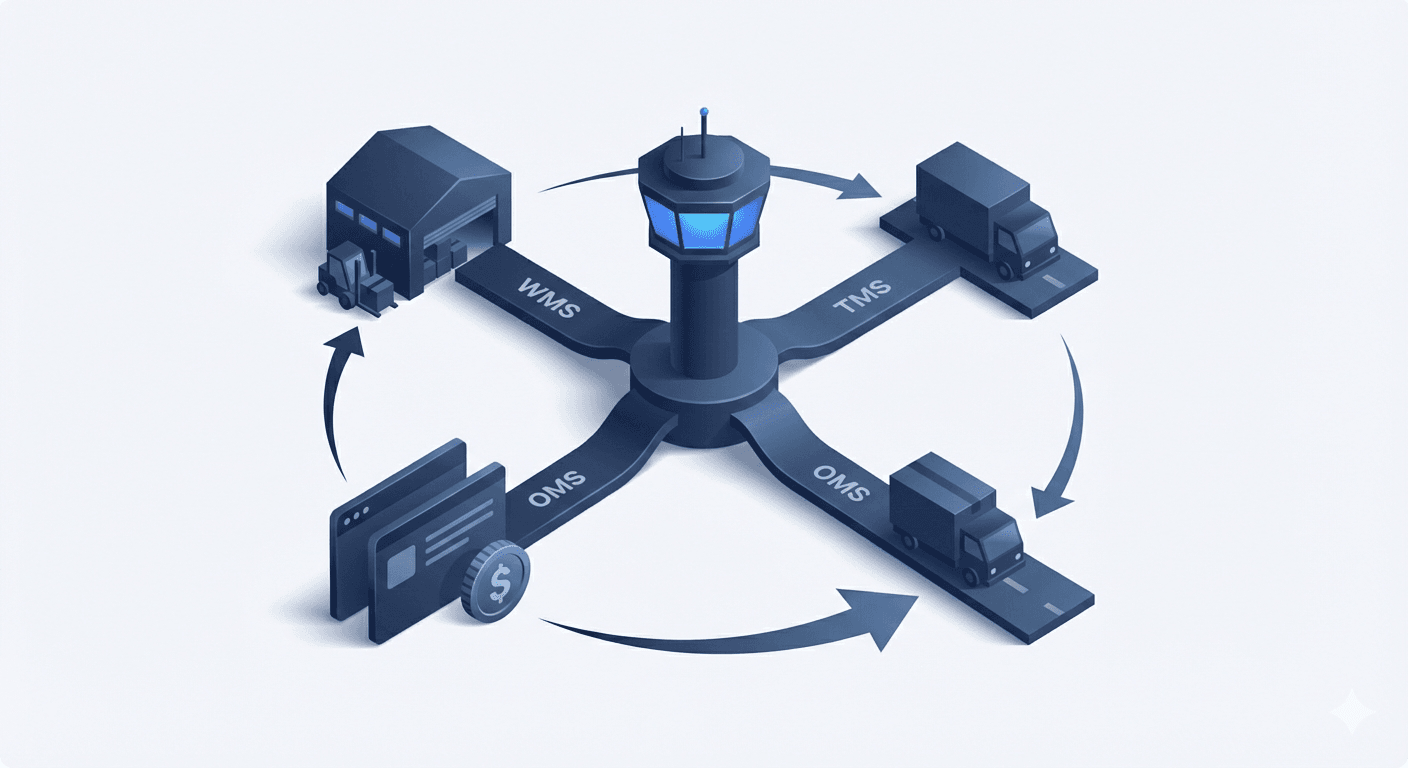Transportation Management System for 3PL: Essential Features for Managing Multiple Clients

Table of Contents
In a Nutshell: The Logistics Lifesaver Kit
- TMS (Transportation Management System) enables 3PLs to manage multiple clients effortlessly.
- Key features include route optimisation, client-level billing, automation, and fleet visibility.
- Real-time tracking and API integrations ensure operational agility and client satisfaction.
- 3PLs can cut costs, increase delivery speed, and improve scalability with the right TMS.
- Omniful TMS is designed for hyperlocal delivery, first-mile, mid-mile, and last-mile operations.
The Growing Complexity of 3PL Operations
Third-party logistics (3PL) providers are under increasing pressure to deliver faster, smarter, and more personalised logistics services. With businesses across MENA pushing for higher efficiency and lower delivery costs, 3PLs must evolve. One key enabler in this transformation is a well-equipped Transportation Management System (TMS).
A TMS is no longer a luxury. For 3PLs managing multiple clients across diverse industries, it is a necessity. It ensures streamlined deliveries, transparent billing, and end-to-end visibility.
In this article, we explore the vital features that a TMS must offer for 3PL providers, particularly in the MENA region.
Why Traditional TMS Platforms Fall Short for 3PL Logistics
While traditional TMS platforms work for single-brand logistics operations, they lack the scalability and client-specific features needed by modern 3PLs. Especially in MENA markets, where delivery zones range from dense cities like Riyadh and Dubai to remote desert areas, a one-size-fits-all approach doesn't work.
Common challenges faced include:
- Managing separate invoicing structures per client
- Customising delivery flows and SLAs
- Handling multi-brand inventories
- Inadequate support for first-mile, mid-mile, and last-mile logistics
Let’s unpack the essential features a modern TMS must provide to tackle these issues.
Multi-Client Support with Segregated Operations
A modern TMS must allow a 3PL to handle multiple client accounts with isolated data environments. This ensures confidentiality, operational clarity, and audit readiness.
Key Capabilities
- Separate dashboards for each client
- Seller-centric controls to assign inventory, delivery rules, and SLAs
- Client-specific Shipping Gateway integrations
- Role-based permissions to restrict access by client or operational hub
👉 Explore our Inventory Management System for seller-level control.
Real-Time Tracking and Fleet Visibility
Clients demand visibility, and 3PLs must deliver. The TMS must provide real-time tracking of packages, vehicles, and drivers.
Benefits
- Enhances client trust
- Reduces "Where is my order?" queries
- Enables live updates and exception management
- Supports better planning using predictive analytics
See Omniful’s Last-Mile Visibility Features
Route Optimisation for Urban and Hyperlocal Deliveries
MENA cities are known for traffic congestion and wide delivery geographies. Efficient route planning is essential to reduce delays and fuel costs.
Must-Have Features
- AI-powered routing algorithms
- Geofencing to create dynamic delivery zones
- Real-time rerouting for traffic or weather disruptions
- Trip clustering for multiple packages on similar routes
White-Labelling and Custom Branding for Clients
Many 3PL clients want logistics operations to reflect their brand. The TMS should support white-labelled dashboards and tracking portals.
How This Helps
- Builds client brand loyalty
- Supports marketing consistency
- Enhances customer trust in deliveries
Omniful allows customisation at the UI level, including logos, themes, and domain names.
Automation for High-Volume Operations
3PLs often deal with thousands of orders daily. A scalable TMS must support workflow automation to reduce manual intervention.
Examples of Automation
- Driver assignment based on zones and workload
- Carrier selection based on delivery type (same-day, next-day)
- Automatic trip creation for express orders
- Scheduled deliveries and automated invoicing
Check out Omniful’s Plug and Play Integrations
Accurate Billing and 3PL Invoicing Modules
Without the right billing system, managing 3PL clients becomes a nightmare. A TMS must support:
- Per-client billing rates based on service type
- Mileage-based, time-based, or per-order billing
- Automated invoice generation
- Logging of value-added services like special packaging or storage
Omniful offers a full 3PL Billing Module with ad-hoc activity tracking and audit trails.
First-Mile to Last-Mile Capabilities
Logistics does not start at the warehouse and end at the doorstep. A capable TMS handles all delivery stages:
- First Mile: Vendor pickups to sorting hubs
- Mid Mile: Transfers between hubs and dark stores
- Last Mile: Customer-facing deliveries with live tracking
In MENA, where delivery challenges vary from metro areas to rural outposts, flexibility across all delivery phases is essential.
Integration with OMS, WMS, and Returns Management
For complete logistics automation, a TMS should integrate with:
- Order Management System for real-time order syncing
- Warehouse Management System for inventory accuracy
- Returns Management for end-to-end reverse logistics
This connected ecosystem allows seamless operations with minimal delays and fewer errors.
Client-Level Reporting and Analytics
3PL clients need reports on delivery performance, return rates, and carrier SLAs. Your TMS must generate:
- Daily delivery reports per client
- Delivery success and failure rates
- COD reconciliation logs
- Heatmaps for delivery zones and delays
Leverage Omniful’s Analytics Dashboards for client-specific KPIs.
Built-in Security and Role Management
With multiple clients sharing a platform, security becomes critical. The TMS should offer:
- Role-based access per client or hub
- Audit logs with timestamps
- Permission settings for warehouse, transport, and admin roles
- Secure cloud hosting and encryption protocols
Why Omniful’s TMS is Built for 3PL Success in MENA
Omniful’s TMS is not just a software platform. It’s a logistics powerhouse designed with 3PL providers in mind, especially those operating in the complex MENA region.
Key advantages:
- Hyperlocal delivery support with automated geofencing
- Live vehicle and package tracking
- White-labelling support
- Integration with over 100 shipping providers
- Built-in COD cash ledger for financial transparency
- Scalable across cities, hubs, and verticals
- Compatible with Android and iOS for on-ground staff
FAQs
What does 3PL mean in logistics?
3PL or Third-Party Logistics refers to companies that manage logistics services like warehousing, transportation, and fulfillment on behalf of other businesses.
How is a TMS different for 3PL providers?
A 3PL-focused TMS must handle multiple clients, offer custom dashboards, support white-labelling, and provide automated billing for each client.
What are the benefits of using TMS for 3PLs in MENA?
Enhanced delivery speed, reduced costs, better scalability, and higher customer satisfaction—especially vital in a region with diverse logistics challenges.
Can I integrate my existing systems with Omniful’s TMS?
Yes, Omniful supports plug-and-play integrations with ERPs, WMS, OMS, and e-commerce platforms like Shopify, Zid, and WooCommerce.
The Final Word
Running a 3PL business in today’s demanding logistics landscape requires more than just trucks and warehouses. It demands a smart, agile, and scalable Transportation Management System tailored for the nuances of multiple clients.
Omniful’s TMS stands out by offering multi-client support, real-time visibility, powerful automation, and full lifecycle delivery management.
From first-mile to last-mile, Omniful empowers 3PLs in the MENA region to scale efficiently and serve faster—with lower costs and happier clients.
Request a Demo Now to see how Omniful can help your 3PL business thrive.



